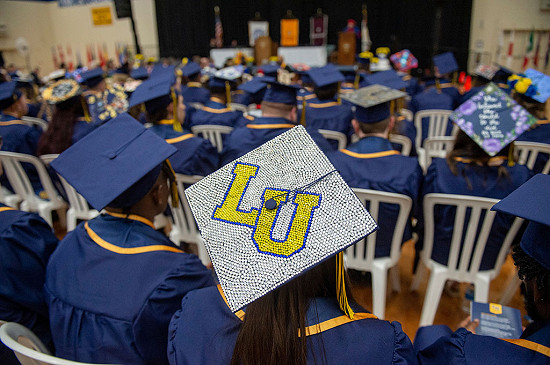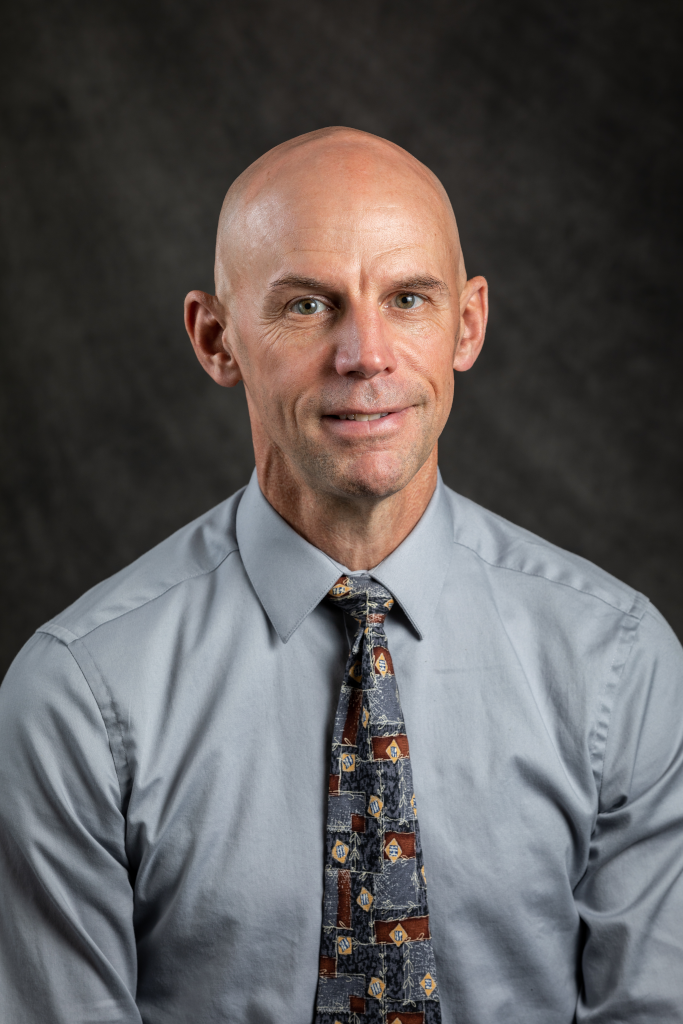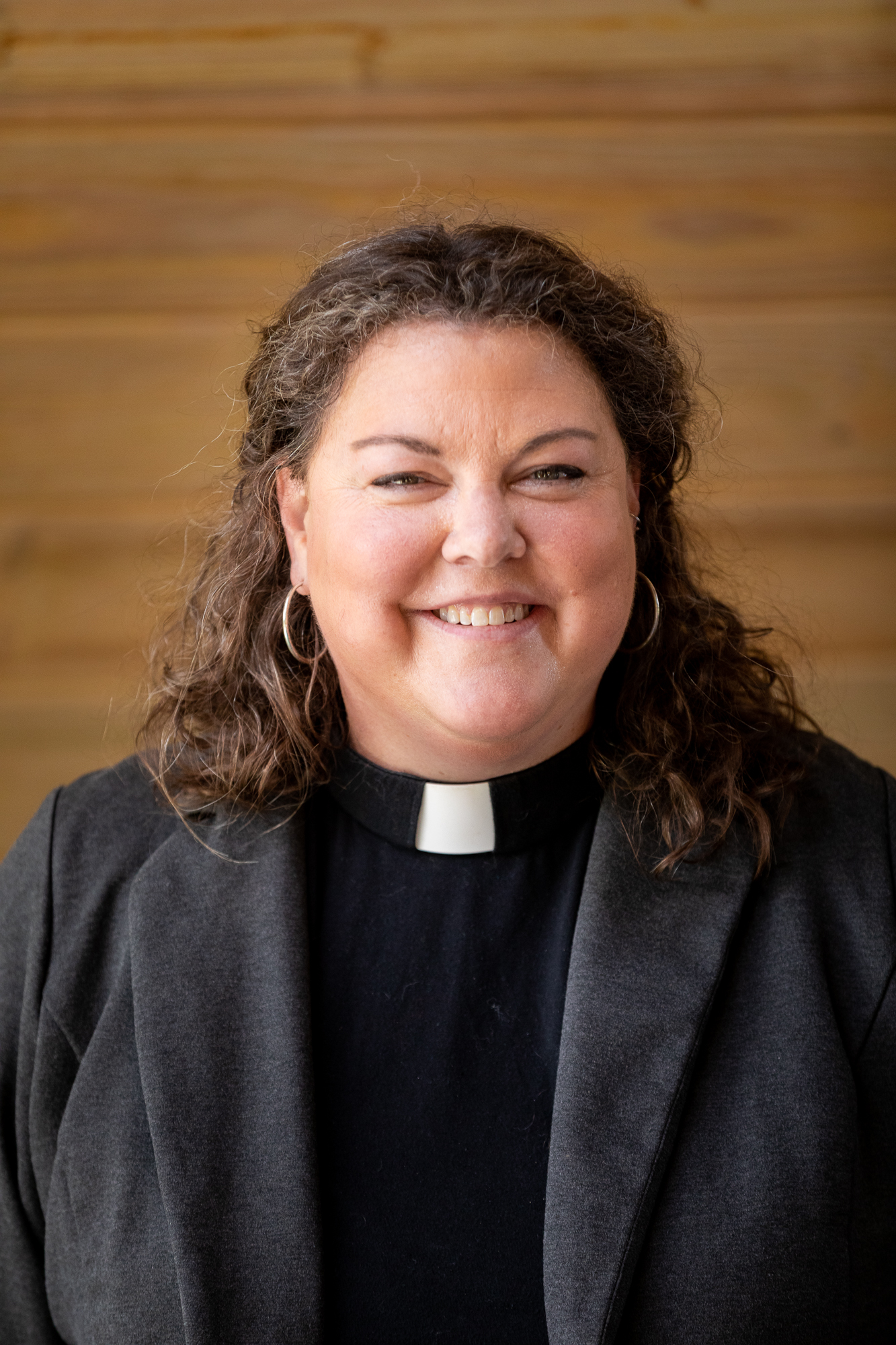Here at Lakeland, the study of religion is grounded in the Christian theological tradition, and guided by our relationship with the United Church of Christ. What this means is that we study religion here at Lakeland in a spirit of respect, generosity, and curiosity. We do this not despite the fact that we are grounded in the Christian tradition, but because of it.
We lead students to encounter a diverse range of religious traditions, and encourage them to shape their own understanding of the sacred through critical inquiry, dialogue with peers and professors, and mindful reflection.

Religion has played a monumental role in shaping our world – as well as our institution. But religion is not just an interesting relic from the past. One of Lakeland’s institutional values is “Faith and Religious Expression.” By stating this, we claim faith as a valuable resource many draw upon to guide their understanding of the world and their place in it.
The impact of religion on individuals, communities, and cultures continues to be indisputably powerful. It shapes much of our public discourse. It is integral to many people’s perspectives on politics, interpersonal relationships, and justice. Religion still matters—a lot.
“I love that our program offers deep dives into Christian traditions as well as introductions to a broader set of religious communities. In my courses we explore a wide range of theological ideas and ethical implications, from the earliest days of Christianity through contemporary understandings of a God who is still speaking about the ways love and justice intersect with realities of race, sex, gender, sexuality, nationality, class, ability, and beyond.”
— Rev. Dr. Julie Mavity Maddalena
“In classrooms characterized by respectful dialogue, students encounter and together reflect upon poignant and powerful testimonies to what it means to live righty with God, one another, and creation. Students are often transformed by that encounter, and empowered to claim more fully their calling as agents of God.”
— Rev. Dr. Karl Kuhn

*Data provided by Job Center of Wisconsin's Occupational Employment & Wage Statistics for Religious Workers.

Our religion program is not confined by the walls of a classroom. Far from it! Through our Ulrich Center for Faith, Ethics, and Justice, students will have the opportunity to engage insightful thinkers and leaders from across the country, representing various religious traditions.
Religion majors can also take advantage of the innovative Cooperative Education track the program offers. Students will gain hands-on, immersive, credit-bearing and paid experience, building their resumé as they learn in and outside the classroom. Our Cooperative Education track also results in a Social Justice Studies (SJS) minor.
Students with a special interest in exploring the intersections of faith, ethics and social justice can apply to become an Ulrich Scholar. Lakeland offers one full-tuition scholarship and multiple $2,000 scholarships to support their learning.
Expectations of Ulrich Scholars include:
After gaining acceptance to Lakeland, you can apply for this scholarship through your Future Muskie Portal.

You already passed your first test, you are interested in applying to Lakeland and learning more about your opportunities to success! Click the button below to being the application process.
Once your application is received, your Lakeland University admissions counselor will be in touch.
*Exceptions to the above admission criteria may be granted for students with a cumulative GPA range from 1.75 to 1.99 if the academic experience that resulted in the less than 2.0 GPA was more than two years ago. Furthermore, typically students with a cumulative GPA range from 1.50 to 1.75 will only be considered if the poor academic performance experience that resulted in the less than 2.0 GPA was more than five years ago. Students receiving an exception will be admitted conditionally.

Professor of Religion, Grace Chair of Religious Studies

University Chaplain, Ethicist in Residence, Director of the Ulrich Center, Assistant Professor of Philosophy and Religion

